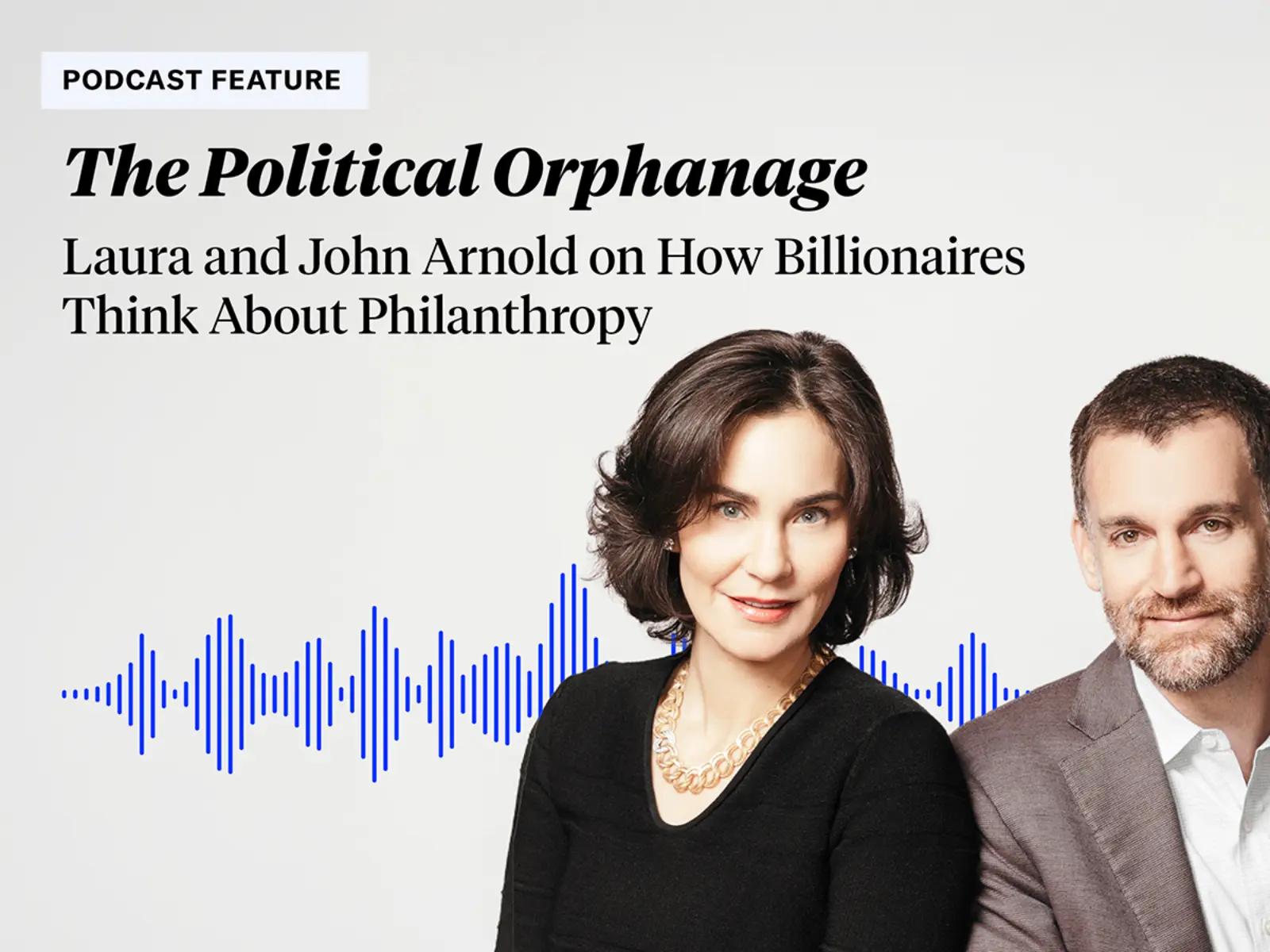Grantee: The Board of Trustees of the University of Illinois. The full study report is linked here.
Description of the Intervention: This is an ongoing randomized controlled trial (RCT) of Big Brothers Big Sisters of America’s (BBBSA) Community-Based Mentoring (CBM) program that matches at-risk youth with mentors from the surrounding community. BBBSA CBM is the largest youth mentoring program in the country; over 230 affiliate agencies served almost 110,000 youth in 2020. After volunteers pass agency screening, they are matched with youth based on factors such as gender, location, and shared interests. The expectation is that mentors and their mentees will get together regularly (typically, at least twice per month) to engage in activities of their own choosing for at least one year. The program was previously evaluated in a large RCT in the early 1990s and found to produce several statistically significant impacts including reductions in youth reports of initiation of substance use, skipping school, and aggressive behavior through 18 months after random assignment.
Study Design: The current RCT is evaluating BBSSA CBM with a more recent and representative sample of affiliate agencies and a longer (four-year) follow-up period. Researchers enrolled 1,358 youth from 17 BBBSA agencies in 13 states into the study between February 2018 and February 2020. The sample consisted of 1,012 youth who were assigned the treatment group (i.e., to be matched with a BBSSA CBM mentor) and 346 youth assigned to the control group.f1 Approximately 69% of sample youth are Black or Hispanic and 63% are male. At the time of study enrollment, youth were 12 years old on average and the average annual family income was approximately $30,000. The interim findings in the current report are based on surveys of youth and parents administered at approximately 18 months after random assignment, at which time 65% of youth in the treatment group had been matched with a mentor. The study’s final report (expected in late 2024) will present results from surveys administered four years after random assignment and will corroborate the survey data findings for arrest with data from official records.
Impacts on the Primary Outcomes: The study found BBBSA CBM produced statistically significant impacts on two of the four primary pre-registered study outcomes measured 18 months after random assignment; i.e., when youth were, on average, 14 years old. Specifically, the study found BBBSA CBM produced: (i) a statistically significant reduction in the likelihood of youth/parent report of arrest from 11% in the control group to 5% in the treatment group (p<.01); (ii) a statistically significant reduction in youth report of any substance use from 17% in the control group to 10% in the treatment group (p<.01); (iii) no significant effect on youth/parent report of property-related delinquent behavior; and (iv) no significant effect on youth/parent report of violence-related delinquent behavior.
Study Quality: Based on a careful review, we believe this study is well-conducted, and that the interim findings are valid.f2














